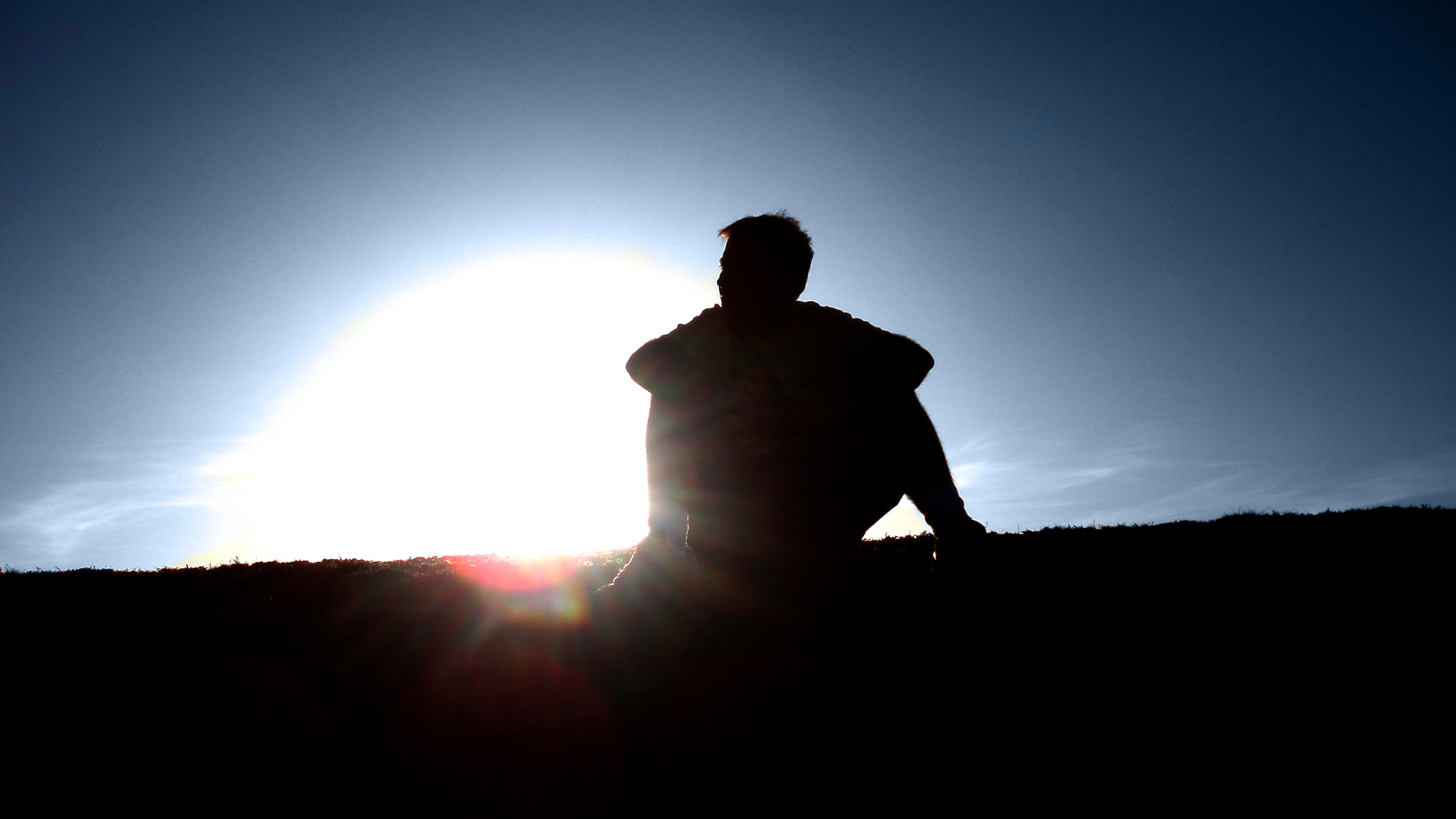Spirituality and Sermon Preparation
by Wes Allen on Wednesday, May 25, 2016
 When I am working/wrestling through the week with a text and sermon, I spend a lot of time dissecting the text with an interlinear and a Bible dictionary, then a few trusted commentaries, but I feel often starved by the end of the week of an encounter with the Spirit. I don’t know about others, but I cannot “turn on” the inspiration that informs a sermon. How does the preacher protect a dedicated prayer and devotional life? What practices are best at making space for the Spirit, even though she is unpredictable and uncontrollable?
When I am working/wrestling through the week with a text and sermon, I spend a lot of time dissecting the text with an interlinear and a Bible dictionary, then a few trusted commentaries, but I feel often starved by the end of the week of an encounter with the Spirit. I don’t know about others, but I cannot “turn on” the inspiration that informs a sermon. How does the preacher protect a dedicated prayer and devotional life? What practices are best at making space for the Spirit, even though she is unpredictable and uncontrollable?
— Submitted by Rev. Joseph Pusateri, Simpsonville, KY
Your dilemma is a very common one among preachers. And it is a serious one. Burnout among pastors is very high with many leaving the ministry within only a few years after graduating from seminary. While there are numerous reasons for such burnout, I am convinced that one of the biggest ones is that with all of the tasks of ministry, it is difficult to find time for sermon preparation much less for a devotional life. Both pastors and congregations suffer from sermons written Saturday evening.
So the first thing I suggest is plugging into your electronic calendar a recurring appointment for sermon preparation for every weekday on which you work. As a United Methodist, I used to name mine as a daily meeting with John Wesley. No parishioner who showed up at the church office and was told by the secretary that I was with John Wesley would dare interrupt me (even if they had no clue what that meant)! There will certainly be times when pastoral emergencies or such invade that time, but those should be exceptions to the rule.
A second suggestion grows out of the first. If you spend some time during every work day intentionally studying and developing your sermon, when you are doing other tasks, your brain will continue working on the sermon. Neurological studies show that “aha” moments that seem to come out of the blue actually come from letting the brain shift from conscious left brain work to unconscious right brain work. This is why so many good ideas come while driving, walking, taking a bath, or even while sleeping.
My third suggestion begins with a confession. Mea culpa! Mea culpa! We seminary faculty have done pastors (and their congregations) a disservice in the way we teach the skills used in sermon preparation. In the context of writing papers, receiving grades, and the like, we have taught you exegesis and theological reflection as modes of production. They are of course this, but they should also be modes of reception, ways of opening ourselves to divine revelation. As opposed to changing the way we prepare sermons, we need to change the way we perceive and experience the way we prepare sermons. After all, critical biblical study is at the heart of Protestant spirituality. Dissecting a miracle story so that we see a Greek word repeated that is missing in the English or discovering some new detail about Jericho in a Bible dictionary are moments in which we encounter the Holy Spirit. We have been so conditioned to recognize encounters with God in quiet meditation (which I would not dispute) that we have forgotten that God is also present and inspiring us in busyness, but we must find ways to be recognize it. A book I would recommend is Parker Palmer’s The Active Life: A Spirituality of Work, Creativity, and Caring (Jossey-Bass, 1999).
Thanks for asking,
Wes Allen
Photo by Elise McLaughlin from FreeImages
